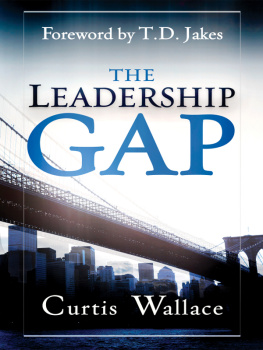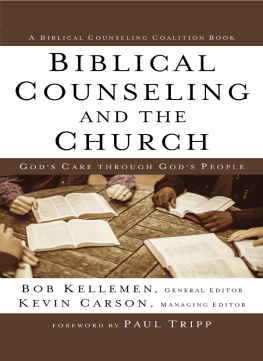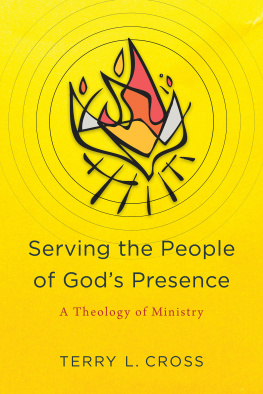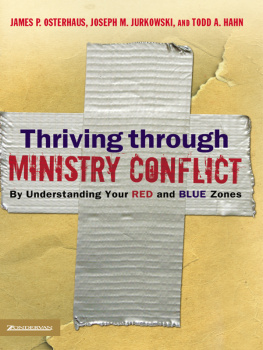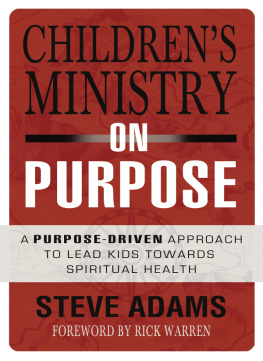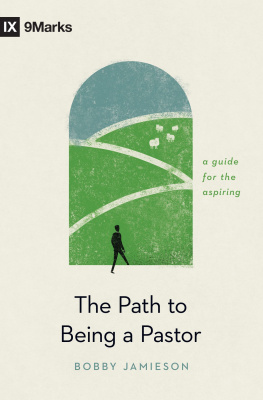O Lord, who else or what else can I desire but you? You are my Lord, Lord of my heart, mind, and soul. You know me through and through.... Why, then, do I keep expecting happiness and satisfaction outside of you? Why do I keep relating to you as one of my many relationships, instead of my only relationship, in which all other ones are grounded? Why do I keep looking for popularity, respect from others, success, acclaim, and sensual pleasures?
Help me, O Lord, to let my old self die, to let die the thousand big and small ways in which I am still building up my false self and trying to cling to my false desires. Let me be reborn in you and see through you the world in the right way, so that all my actions, words, and thought can become a hymn of praise to you.
I need your loving grace to travel on this hard road that leads to the death of my old self and to a new life in and for you. Amen.
Nearly all wisdom we possess, that is to say, true and sound wisdom, consists of two parts: the knowledge of God and of ourselves.
We put no stumbling block in anyones path, so that our ministry will not be discredited.
CAREY NIEUWHOF
FOREWORD
I m so thankful Terry Linhart wrote this book.
The journey he takes leaders on is so important. Who doesnt want to keep their family together? Who doesnt want to thrive and grow in their calling or be more present for their kids? Terry shows us how we can do all of these things and more when we are intentional about staying aware of what we do and why we do it.
Almost everyone understands, at a superficial level, that self-awareness is the key to so much. We have Daniel Golemans Emotional Intelligence to thank for that. But were left asking, What does that actually mean? What is self-awareness? And how would I know if its something I possess?
Thats where Terrys wisdom in this book will help.
I was moved into the world of self-awareness somewhat involuntarily. When I was in my late thirties, my wife told me it was time to get counseling. I resisted. I was a pastor, after allI sent people to counseling. I didnt go to counseling.
Besides, the things she saw me doing that she didnt like were also the same things that, in my mind, made me successful in ministry. I couldnt understand how my peers could recognize me for my achievements but the same recognition wasnt happening at home.
Heres the truth, though.
My wife was right.
I was dead wrong.
I now know that, at the time, what I lacked was any real self-awareness. My first walk into a counselors office was some of the most difficult steps I have ever taken. As painful as the ensuing journey was, though, it was life saving. God was in the middle of it.
Much to my surprise, the healing (which initially feels like pain, by the way) didnt take away the things that made me effective; instead, it made me a very different (and better) person and leader.
I have a far better marriage. Im a much better dad. Im a better friend. And I lead with far more sensitivity, grace, and effectiveness than I ever did before.
My guess is some of you will love reading this book, and some of you will loathe it (even though its really well written).
Before my trip the counselors office, I would have blown off a book like this. I would have thought it was for other people, or would have cherry-picked passages that made me think well of myself, or would have handed it to a friend. Today, it resonates and makes me so thankful books like this exist.
I would encourage you to read this book prayerfully and expectantly.
Socrates famously said that the unexamined life is not worth living. Solomon told us to guard our heart above all else, for from it flows the wellspring of life (Prov 4:23). They were both so right.
I hope you come to value this book. Sure, it will be a mirror. And only the brave look in the mirror. But the mirror youre holding will eventually morph into a window, a window into a redeemed future.
Its my prayer this book becomes both a mirror and a window for you.
INTRODUCTION
P art of my job as a parent was to serve as the initial driving instructor for each of my three teenagers. Though my hands occasionally braced against the dashboard, and my feet sometimes searched for a nonexistent brake pedal on my side of the car, we made it through the first days of driving on the road without incident. Topics for the first days of driving school with Dad: turn signals (No you cant turn left from the right lane), braking (You dont use the accelerator when turning), and explaining that being up on two tires during a turn was probably not a good thing.
As part of the lesson I showed them what they couldnt see. I demonstrated the reality of blind spots. After parking, Id get out to stand along the left side of the car and ask them if they could see me in the mirrors. I was close enough that they could hear me talk, but as they looked in the mirrors, I wasnt visible. I explained how to clear their blind spots with a quick look over either shoulder. The intentional glance helped them see what they couldnt notice by looking ahead or at their mirrors. The glance let them see what was otherwise hidden, in this case a nervous father. I explained that when driving, there are often vehicles in their blind spots that pose a significant danger, and drivers cant see that without intentionally clearing the blind spot. I added that assuming things are safe without taking a careful look can be dangerous.
The phrase blind spots is regularly used in leadership circles to describe problems or patterns that lurk unseen and pose potential danger. For the last two decades I have been developing and equipping young adults to serve as ministry leaders, pastors, youth workers, missionaries, and managers. That process includes helping them reflect on what they may not notice, the areas of their life too personal or hidden to see easily, that may pose potential problems. The truth is that we all have such areas, even if were not that young.
Over the years Ive also noticed that few Christian organizations or churches help young leaders systematically and intentionally with their personal development. Most have an initial training program, but after that there is little ongoing support. As leadership presents increasing challenges and presses us, personal development is left up to each person and supervisors are sometimes at a loss how to step in and help. To their credit, it is difficult to bring up touchy matters when the issues are personal. Its easy to hope that time will fix areas where were struggling, but it usually doesnt. If the problems persist, even with no help, sometimes a decision is made to make a change and try again with someone else. This inability to know what to do and how to help is contributing to some of the problems.
Recent national headlines have featured the departures of two well-known leaders of Christian organizations due to personal and moral issues.


